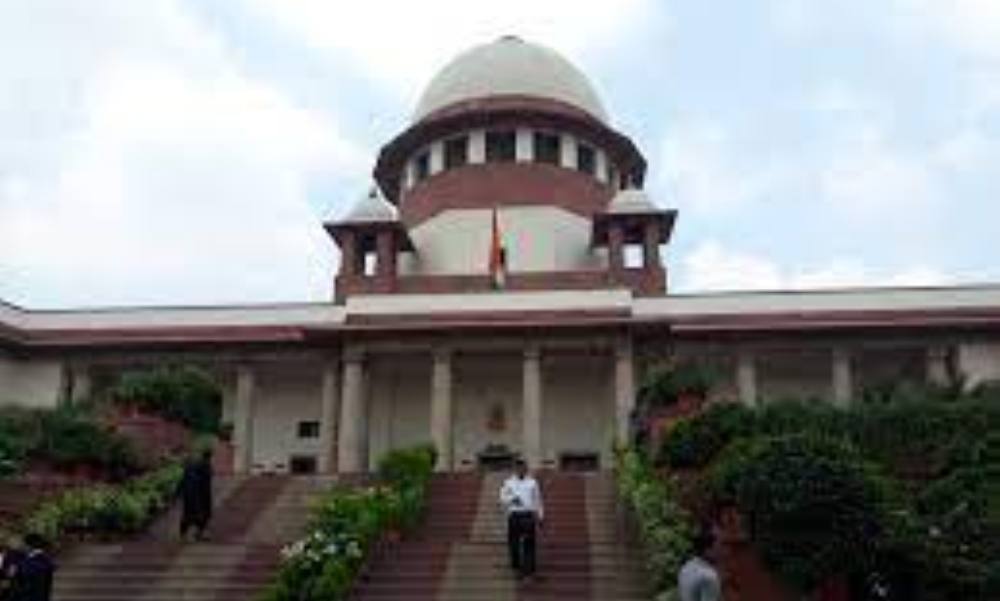Sushree Mohanty
While hearing the matter between Fisherman Care versus Association of India and Ors., the Madras high court has held that the state of fishermen ought to be improved as far as cleanliness, credit offices etc is concerned. The Hon’ble High court was hearing a request by an association of fishermen, which looked to uphold the reason for the killing of four fishermen, by an assault on account of the Sri Lankan naval force, for supposedly straying past the regional waters of India.
The appeal demanded for compensation to the deceased family along with providing government jobs to the heirs of the deceased.
Additionally, the plea looks for bearings to make a fitting move as per criminal law against the guilty parties. With regard to the compensation and government jobs to the legal heirs of the deceased, the court allowed the applicants to make a fitting request to the Department of Fisheries of under Central Government and Department of the Animal Husbandry and Fisheries under the State
Government for consideration.
Concerning the topic of an investigation about the offence, the court noticed the government should facilitate to determine a specific authority, that would head the examination and bring the matter to due closure with proper justice being served to the families. The division bench comprising of of Chief Justice Sanjib Banerjee and Justice Senthilkumar Ramamoorthy took note of the fact that fishing industry falls under the unorganised sector and therefore the benefits of insurance, credit facilities etc must be made accessible to them. Similarly, the case of M.A.Shahjahan versus Boss Electoral Officer and Principal Secretary
to the Government State of Tamil Nadu Public, the division bench of Chief Justice Sanjib Banerjee and Justice Senthilkumar Ramamoorthy from Madras High court stated that each employer should ensure for their workers to cast their vote on Election Day, even if the situation causes a negligible inconvenience to the workers.
For the instance between Association for Democratic Reforms versus Association of India and Ors., the Supreme Court ruled that purchase and encashment of the bonds, happening through financial channels, is constantly reflected in records that ultimately go to the public domain. The judgment clarifies that if the acquisition of the bonds and their encashment, happen through financial channels, then the fiscal reports of organizations that purchase these Electoral Bonds should essentially reflect the sum spent via consumption in the acquisition of Electoral Bonds.
While hearing the matter between Association for Protection of Democratic Rights versus Territory of Bengal and Ors., the Supreme Court comprised a specialist committee for outlining a logical strategy concerning cutting of trees for developmental tasks. The issue before the court was whether to permit the Government of West Bengal to fell trees in order to build Road Over Bridges (ROBs) and augment the streets. The state presented that the Road over Bridges is a developmental concern and it is important to forestall mishaps.
The court noticed that, according to the Report of the Expert Committee, around 50 trees have effectively been felled and another 306 trees are to be felled; some coming under the purview of “historical trees” are of indispensable worth. The judgment took note on the fact that the right to healthy environment has been perceived as a fundamental right under Article 21 while Article 48-A forces an obligation upon the State to ensure and improve the environment and protect the forest and natural life of the
country.
Hence, the three bench judge comprising of Chief Justice of India SA Bobde, Justices AS Bopanna and V. Ramasubramanian stressed that it is essential to find harmony between natural preservation and security while articulating the sustainable development. The court constituted a specialist board for outlining logical rules regarding cutting of trees for formative undertakings and guided the board to present its suggestions on within a month from the date of its first meeting.

